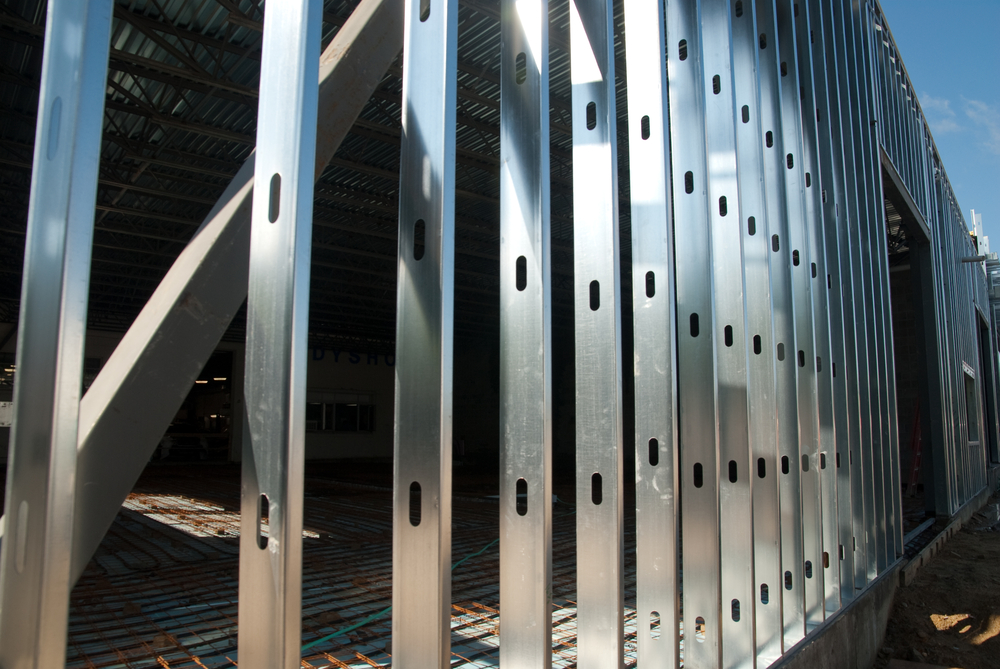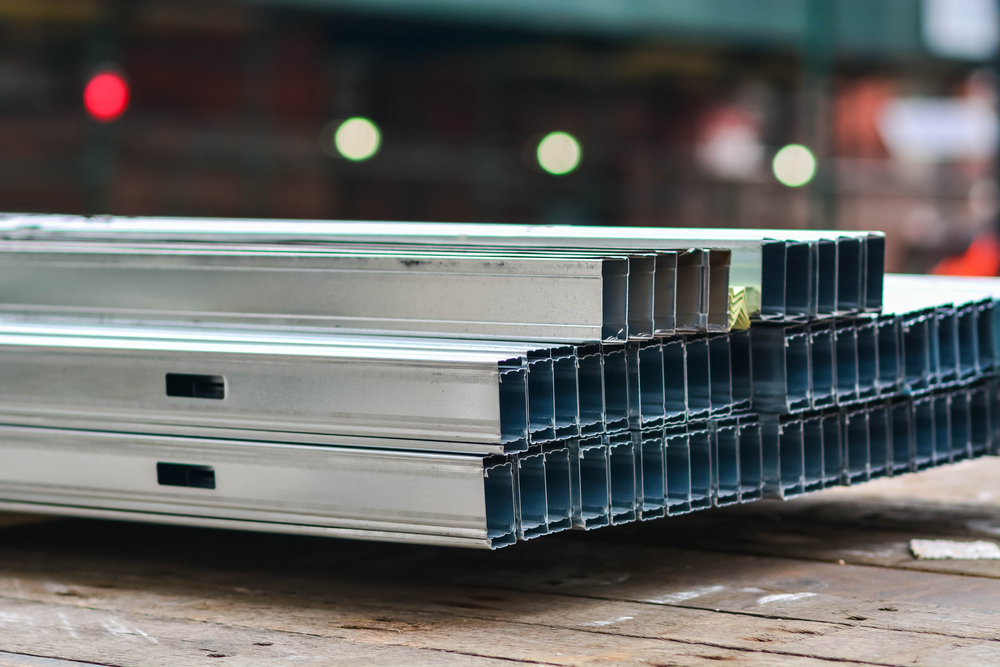In constructing a building, there are many different factors to consider. One of the most important is the materials to use in the construction process, particularly on the framing side. For this reason, metal studs are an integral part of a building. They provide support for both load-bearing and non-load-bearing walls and play a significant role in the structure’s overall stability. But are these made to be long-lasting and cost-effective?
Metal studs are made to last longer
Metal studs are produced through a process of cold rolling. Raw steel is fed into large rotating drums and heated. These hot steel passed through a series of rolls flattened and shaped into long strips. Afterward, these strips are cut into the desired lengths and widths for the finished metal studs.
The edges of the metal strips are then formed into small flanges that help strengthen the studs. The flanges also help to keep the insulation in place between the studs and the drywall. The metal strips are then galvanized, which coats them in a protective zinc layer that helps prevent corrosion. Then, the galvanized metal strips are then wound onto spools and shipped to distributors. Depending on their needs, contractors can purchase the metal studs in bulk or by the piece.
Metal studs are a light gauge metal frame, meaning they are thin but sturdy. It makes them ideal for use in home decoration, as they can be used to create both load-bearing and non-load-bearing walls without taking up too much space.
Why do builders prefer metal studs?

There are several reasons why builders offer metal studs over wood ones:
- Metal studs are solid and durable. These are ideal for framing in commercial construction projects because they typically can withstand heavier loads than wood.
- Metal studs are fire-resistant. They will not burn, making them a safe choice for framing in buildings where incombustibility is required. These are an excellent safer option in areas with a fire risk.
- Metal studs are termite-resistant. Termites cannot damage or destroy metal studs, making them a wise choice for framing in areas where termites are common.
- Metal studs require minimal installation effort. Prefabricated metal studs are measured and cut in a particular size. Thus, there is less demand for special tools or skills. Metal studs are also more stable and secure than wood and can hold heavier loads.
- Metal studs are less susceptible to moisture and rot than wood. These are the better option for often moist spots, such as bathrooms and kitchens.
- Metal studs are lighter and more convenient to use. Metal studs are significantly more lightweight than timber studs. The weight difference has a significant impact on the construction process itself. Metal studs can be easily carried and installed by a single person, whereas installing wood studs can be difficult and time-consuming. In addition, metal studs do not warp or shrink like wood does, meaning they are less likely to cause problems down the line.
Overall, metal studs are a much more efficient and practical choice for construction projects of all sizes. Their lightweight design makes them simple and faster to work with, while their durability ensures they will last for years.
Contact us to learn more about metal studs and other steel building kits.

